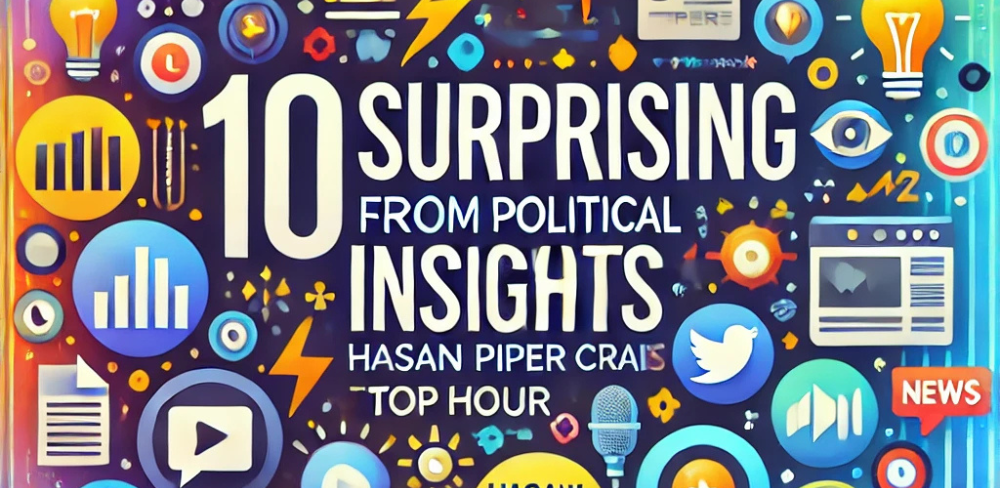Have you ever considered long-term substance composing in a world progressively ruled by manufactured insights? The reply could be a resonating yes—human substance composing will without a doubt be soothed of numerous burdens, much obliged to the rise of AI devices and innovations. As the scene of substance creation advances, writers are finding themselves prepared with capable assets that not as it were improve their proficiency but also make strides in the quality of their work. In this web journal, we are going investigate how AI devices, especially AI text generators, are changing the composing preparation and reducing the requests set on human scholars.
The Burdens of Traditional Content Writing
1. Time Constraints
In the fast-paced digital world, timely content delivery is crucial. Writers frequently juggle tight deadlines, which can lead to stress and burnout. The pressure to produce high-quality content quickly can stifle creativity and result in lower-quality work.
2. Research Demands
Making well-informed substance requires broad investigation. Scholars must accumulate information, realities, and experiences to bolster their contentions or stories. This handle can be time-consuming and regularly includes filtering through tremendous sums of data.
3. Writer’s Block
Each essayist has experienced it—those baffling minutes when the motivation appears to disappear. A writer’s piece can lead to delays and diminished efficiency, making it challenging to meet due dates and maintain a relentless stream of substance.
4. Maintaining Consistency
For brands and businesses, keeping up a steady voice and fashion over numerous pieces of substance is crucial. This consistency can be troublesome to attain, particularly when different scholars are included or when the content ranges from different points.
The Rise of AI Tools in Content Writing
1. AI Text Generators
The AI text generator, such as OpenAI’s ChatGPT, is revolutionizing the writing process. These tools can produce coherent and contextually relevant text based on user prompts. Writers can use AI to generate initial drafts, brainstorm ideas, or even create outlines, significantly reducing the time spent on content creation.
2. Research Assistance
AI tools can streamline the research process by quickly summarizing information, extracting key points, or even providing data-driven insights. This allows writers to focus on crafting narratives rather than getting bogged down in the research phase.
3. Overcoming Writer’s Block
AI text generators can be a writer’s best friend when it comes to overcoming creative hurdles. By generating prompts, ideas, or even entire paragraphs, these tools can help kickstart the writing process and reignite inspiration.
4. Ensuring Consistency
With AI, maintaining a consistent brand voice becomes more manageable. AI tools can be programmed to adhere to specific tone and style guidelines, ensuring that all content—regardless of the writer—aligns with the brand’s identity.
The Benefits of Using AI in Content Writing
1. Increased Efficiency
By automating repetitive tasks and providing quick access to information, AI tools enable writers to produce content more rapidly. This efficiency allows writers to take on more projects or allocate time to refining their work.
2. Enhanced Creativity
AI text generators can serve as a source of inspiration, offering fresh perspectives and ideas. This can lead to more diverse and innovative content that engages readers.
3. Improved Quality
With AI assisting in research and drafting, the overall quality of content can improve. Writers can focus on refining their arguments and enhancing the narrative, leading to more polished final products.
4. Cost-Effectiveness
For businesses, utilizing AI instruments can be a cost-effective solution to substance creation. By diminishing the time spent on composing and investigating, companies can distribute assets more effectively while keeping up high-quality yields.
Challenges and Considerations
1. Quality Control
While AI can assist in generating content, it is essential for human writers to review and edit the material to ensure accuracy and relevance. AI-generated content may require additional context or refinement to align with specific brand messaging.
2. Maintaining Authenticity
Authenticity is key in content writing, and there is a risk that over-reliance on AI could lead to generic or impersonal content. Writers should strive to blend AI assistance with their unique voices and perspectives.
3. Ethical Considerations
The use of AI in writing raises ethical questions about originality and attribution. Writers must navigate these issues carefully to maintain integrity in their work.
Conclusion
In conclusion, the scene of substance composing is advancing, and human scholars can anticipate that numerous of their burdens lightened by the rise of AI instruments and technologies. AI text generators play an essential part in this change, advertising arrangements that improve productivity, imagination, and quality.
As journalists grasp these apparatuses, they will discover that they can center more on vital consideration, inventiveness, and important engagement with their gathering of people. Whereas challenges stay, the end of the substance composing shows up promising, with AI balanced to engage human scholars instead of supplanting them. By leveraging the qualities of both AI and human inventiveness, we will make a wealthier, more locked-in substance that reverberates with perusers in a progressively computerized world.




